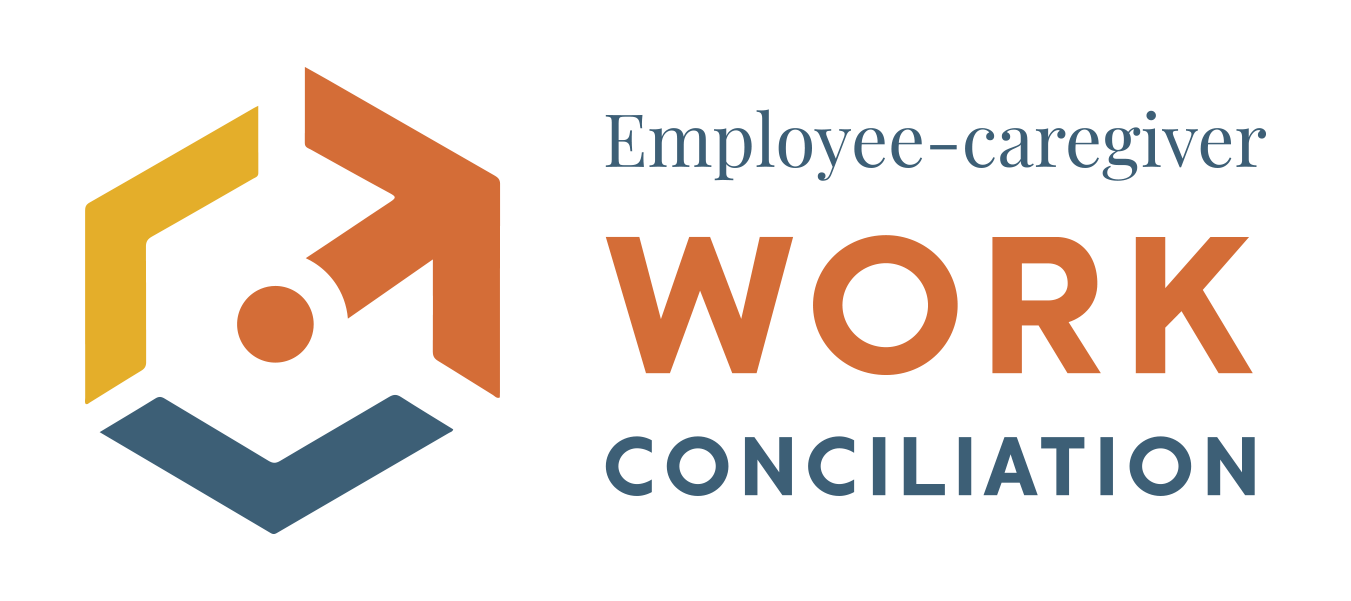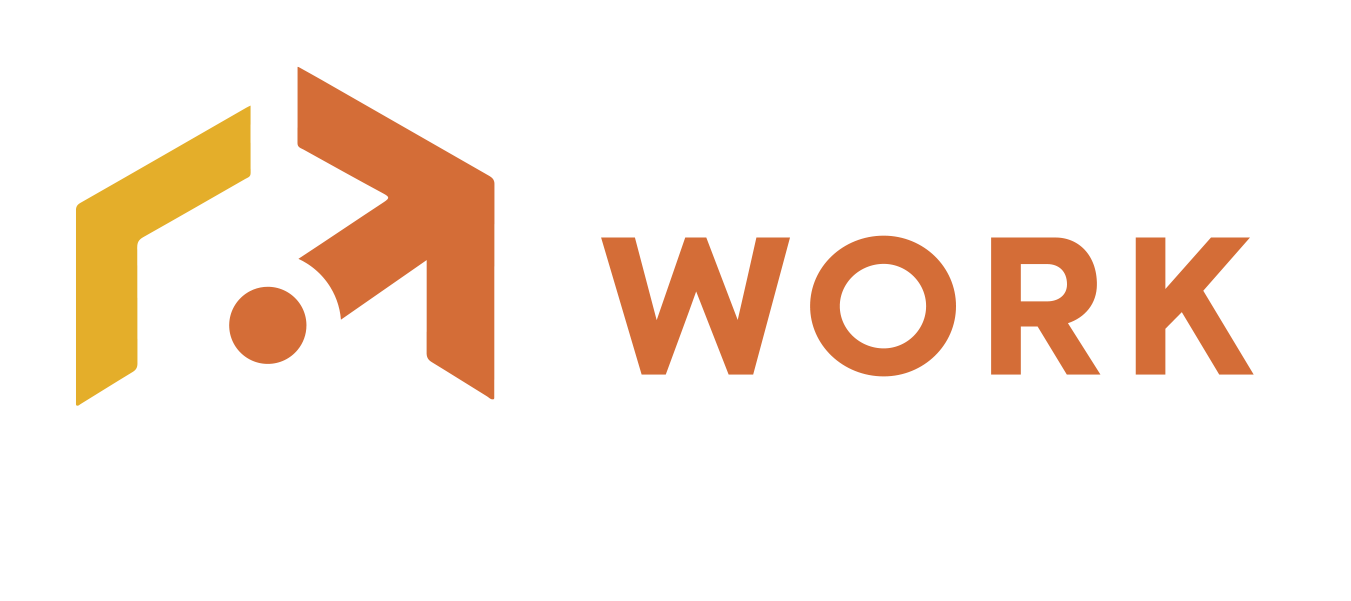Caregivers: a new reality in employment!
Caregivers
a new reality in employment!

Who are the caregivers??
Caregiver status, definition
In 2023, informal caregivers are individuals who provide unpaid care to a family member, neighbour or friend who has an illness, disability or chronic health condition. Caregivers may be of any age or sex, and may have a variety of professional situations.
Caregivers may have different roles and responsibilities depending on the needs of the person for whom they are providing care. Caregivers may be responsible for tasks such as providing personal care, managing medication, transportation to medical appointments, or managing finances.
As defined by the Government of Quebec under Bill 56 to recognize and support informal caregivers.
Caregiver work
conciliation,
a growing collective
social issue.
Due to the aging of the population, an increase in the prevalence of chronic diseases and the improvement of medical treatments, more and more people are becoming caregivers and must reconcile their work situation with the care of a loved one who is sick, elderly or disabled.
In Quebec, according to a report by the Quebec Institute of Statistics published in 2021, approximately 1.6 million people are considered caregivers, or approximately 21% of the Quebec population.
Caregivers represent a significant portion of the workforce and their responsibilities can have a significant impact on their financial, mental and physical health, work productivity and work-life balance.
In Canada, according to Statistics Canada, in 2018 approximately 8 million Canadians provided unpaid care to family members or friends who had limited activity due to a health condition or disability. This represents approximately 28% of the Canadian population aged 15 and over.

Monica
is a university professor and accompanies her younger brother, who is disabled, to all his medical appointments.
Vincent
is a construction estimator and also a caregiver for his 14-year-old daughter who suffers from an intellectual disability.
Marie-Laure
works as a cashier and takes care of her father who is living in a CHSLD (nursing home for the elderly) with Alzheimer’s disease.
Sandwich families,
a new challenge
The “sandwich family” is a term that describes the situation of people who find themselves in charge of their children as well as their aging parents. In the context of informal care, this term applies to people who care for their parents while also having dependent children.
Caregivers in a sandwich family face unique challenges, such as juggling family and work responsibilities, managing conflict between family members, and coping with the emotional burden of watching their loved one’s age or become ill.
The sandwich family is an example of the complexity of caregiving, which requires policies and resources to support caregivers in their essential role, all while balancing their personal and professional lives.
The importance of employee-caregiver work conciliation; everyone can benefit.
Taking the conciliation of caregivers and their professions into account can provide benefits for everyone involved. Because it is an issue that concerns a large proportion of the working population, it may have significant impacts on the mental and physical health of caregivers and affect their commitment to the labour market. This can benefit both businesses and society as a whole.
By recognizing and supporting caregiver work conciliation, we can:
- improve the quality of life of caregivers and those around them;
- strengthen the social inclusion of vulnerable people;
- create healthier and fairer working environments for all.
Companies that recognize and support the need for family/work balance can benefit from:
- a more engaged and productive workforce;
- reduced costs associated with absenteeism and employee turnover;
- an improvement in the corporate brand image.



